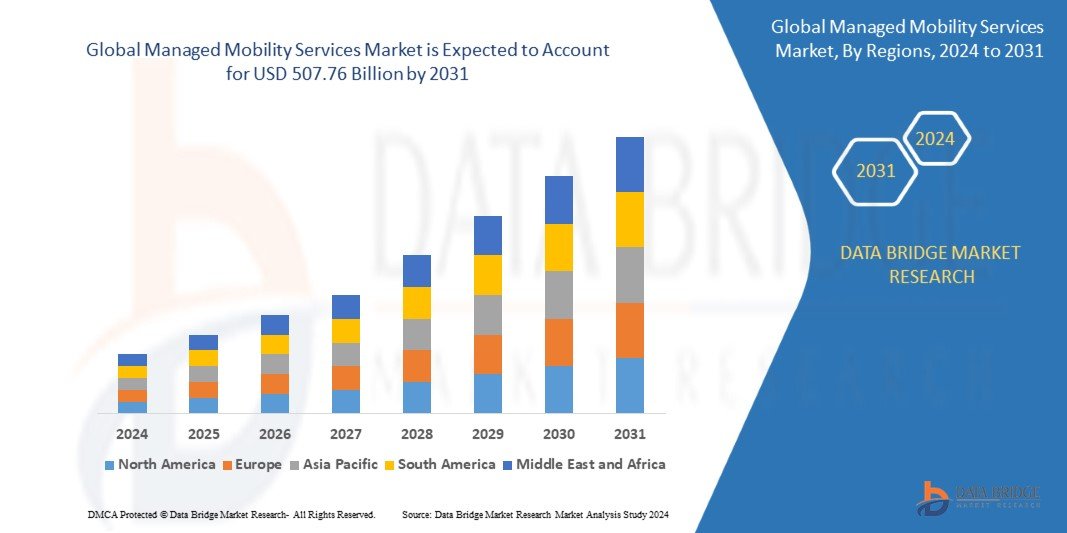Introduction
In today’s rapidly evolving digital landscape, organizations are increasingly reliant on mobile technology to enhance productivity, streamline operations, and improve customer engagement. As a result, choosing the right Managed Mobility Services Provider (MMSP) has become a critical decision for businesses looking to leverage mobile capabilities while minimizing risks and optimizing costs. We will explore the key factors to consider when selecting an MMSP, ensuring you make an informed choice that aligns with your organization’s goals.
Definition
Managed Mobility Services (MMS) include all aspects of managing and supporting mobile applications and devices inside an organisation. These services include data analytics, application administration, device provisioning, security, and lifecycle management. MMS providers take care of things like buying, configuring, and maintaining devices, making sure security regulations are followed, and maximising device efficiency. Organisations can lower expenses, improve operational effectiveness, and concentrate on their core business functions by outsourcing mobility management. MMS also facilitates the integration of mobile technologies with current IT infrastructure and manages the complications related to BYOD (Bring Your Own Device) rules.
Understanding Managed Mobility Services
Managed Mobility Services encompass a range of solutions designed to help organizations manage their mobile devices, applications, and networks. These services typically include device procurement, lifecycle management, mobile security, application management, and support services. An effective MMSP not only streamlines mobile operations but also helps organizations adapt to emerging trends in mobile technology.
Key Factors to Consider
When evaluating potential MMSPs, consider the following factors to ensure you select a provider that meets your organization’s specific needs:
Experience and Expertise:
- Industry Knowledge: Find a supplier who has worked in your industry before. They should understand the unique challenges and regulatory requirements you face.
- Proven Track Record: Examine their track record of effective implementations and customer endorsements. A provider with a strong reputation and case studies in similar environments is preferable.
Comprehensive Service Offering:
- Device Management: Ensure the provider offers end-to-end device management, including procurement, provisioning, and lifecycle management.
- Mobile Security: Evaluate the provider’s security protocols. They should offer robust solutions to safeguard sensitive data and protect against threats.
- Application Management: The provider should assist in managing mobile applications, ensuring they are updated, secure, and compliant with your organization’s policies.
Scalability and Flexibility:
- Growth Potential: Choose a provider that can scale services as your organization grows. They should be able to accommodate increasing numbers of devices, users, and applications.
- Customization Options: Assess whether the MMSP can tailor their services to fit your unique business needs, rather than offering a one-size-fits-all solution.
Support and Service Levels:
- 24/7 Support: Confirm that the provider offers round-the-clock support to address any issues that may arise, ensuring minimal downtime.
- Service Level Agreements (SLAs): Examine the SLAs provided by the MMSP. Clear expectations regarding response times and resolution times are crucial for effective service delivery.
Cost Structure and Transparency:
- Pricing Models: Understand the pricing structure, including whether they offer a flat fee, usage-based pricing, or a hybrid model. Select a model based on your usage habits and financial constraints.
- Transparency: A reputable provider should be transparent about all costs involved, avoiding hidden fees that can lead to budget overruns.
Technology and Innovation:
- Cutting-Edge Tools: Ensure the MMSP utilizes the latest technology and tools to manage devices and applications efficiently.
- Adaptability to Trends: Look for a provider that stays ahead of mobile trends and can help your organization adapt to new technologies, such as 5G, Internet of Things (IoT), and artificial intelligence (AI).
Data Privacy and Compliance:
- Regulatory Compliance: Verify that the provider adheres to relevant data protection regulations (e.g., GDPR, HIPAA) and understands industry-specific compliance requirements.
- Data Handling Practices: Inquire about their data privacy practices and how they handle sensitive information. It is imperative to have a strong commitment to data security.
Customer Reviews and Reputation:
- Testimonials and Case Studies: Research customer reviews and case studies to gain insights into the provider’s performance, reliability, and customer satisfaction.
- Industry Recognition: Look for awards or recognition from industry bodies, which can indicate the provider’s credibility and reputation in the marketplace.
Integration Capabilities:
- Existing Infrastructure: Ensure the MMSP can integrate seamlessly with your existing IT infrastructure and enterprise systems (e.g., CRM, ERP).
- Third-Party Applications: Check if they support integration with third-party applications, enabling you to enhance your mobile capabilities further.
Partnership and Collaboration:
- Collaborative Approach: Select a provider that views the relationship as a partnership rather than just a vendor-client transaction. Your growth and achievement should be their priority.
- Regular Reviews: A good MMSP will conduct regular performance reviews and strategy sessions to ensure that the services align with your evolving needs.
Growth Rate of Managed Mobility Services Market
The market for managed mobility services was estimated to be worth USD 101.12 billion in 2023 and is expected to grow at a compound annual growth rate (CAGR) of 22.35% from 2024 to 2031, to reach USD 507.76 billion.
Conclusion
Choosing the right Managed Mobility Services Provider is a significant decision that can impact your organization’s efficiency, security, and overall success. By considering the factors outlined in this article-experience, service offerings, scalability, support, cost, technology, data privacy, customer reviews, integration capabilities, and collaborative approach-you can make an informed choice that aligns with your business objectives.



